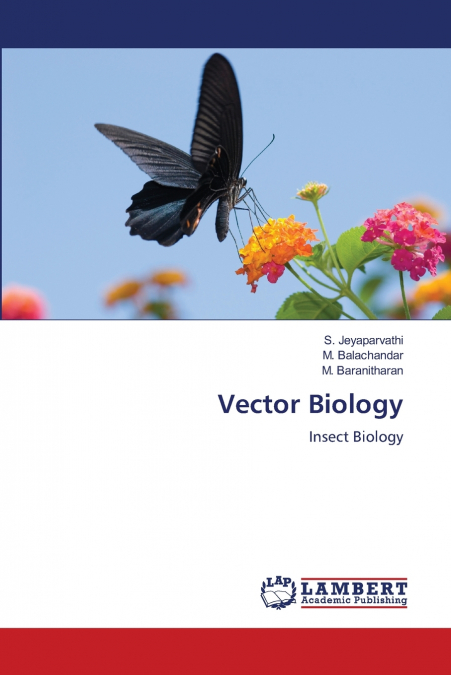
M. Balachandar / M. Baranitharan / S. Jeyaparvathi
Vector-borne diseases continue to pose a significant threat to global public health, agriculture, and ecosystems. From malaria and dengue fever to Lyme disease and leishmaniasis, these diseases are transmitted by various arthropod vectors such as mosquitoes, ticks, fleas, sandflies, and blackflies. Understanding the biology, behaviour, and ecology of these vectors is crucial for developing effective control measures and mitigating the impact of these diseases.This book, Vector Biology, provides a comprehensive exploration of the scientific principles underlying vector biology, including the classification, life cycles, and pathogen interactions of major vector species. It delves into the mechanisms of disease transmission, vector immunity, and the molecular aspects of vector-host-pathogen relationships. Additionally, the book examines the environmental factors influencing vector distribution, the impact of climate change, and emerging research in vector control, such as genetic engineering, microbiome-based interventions, and integrated vector management (IVM).